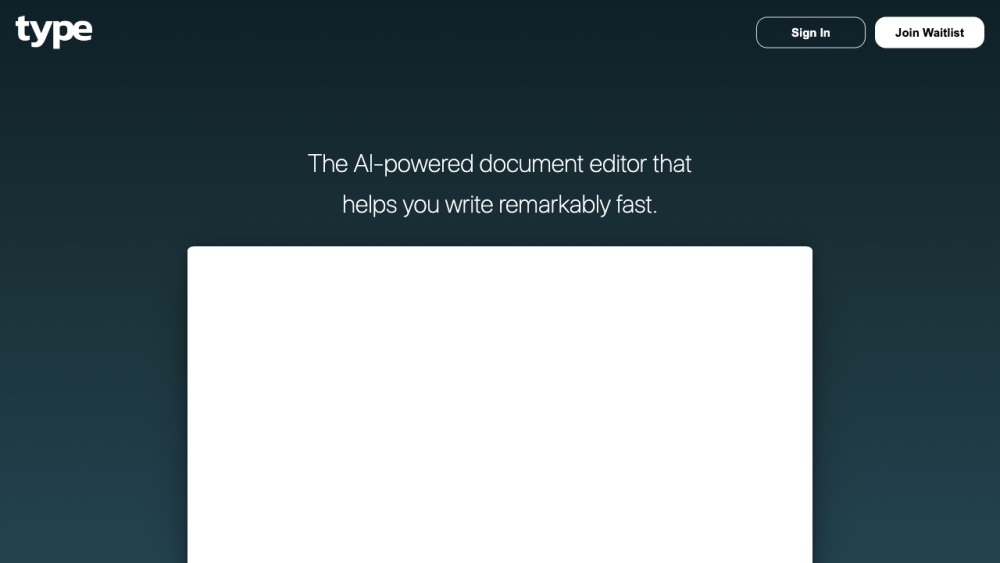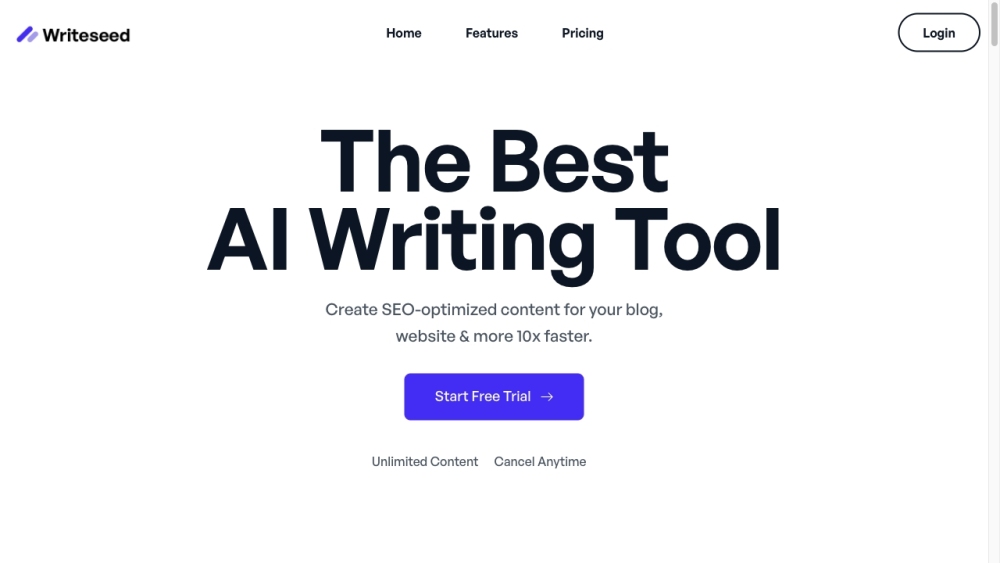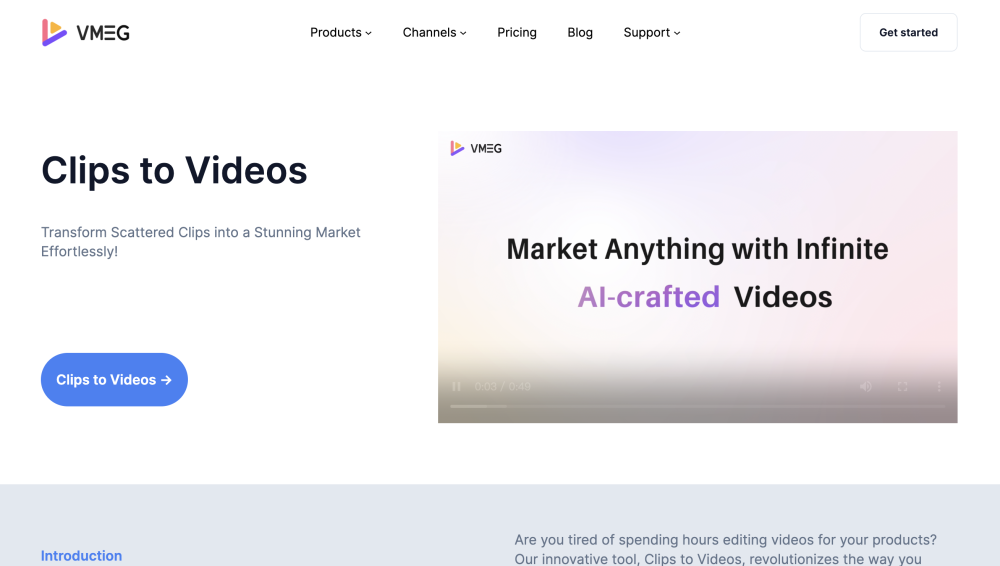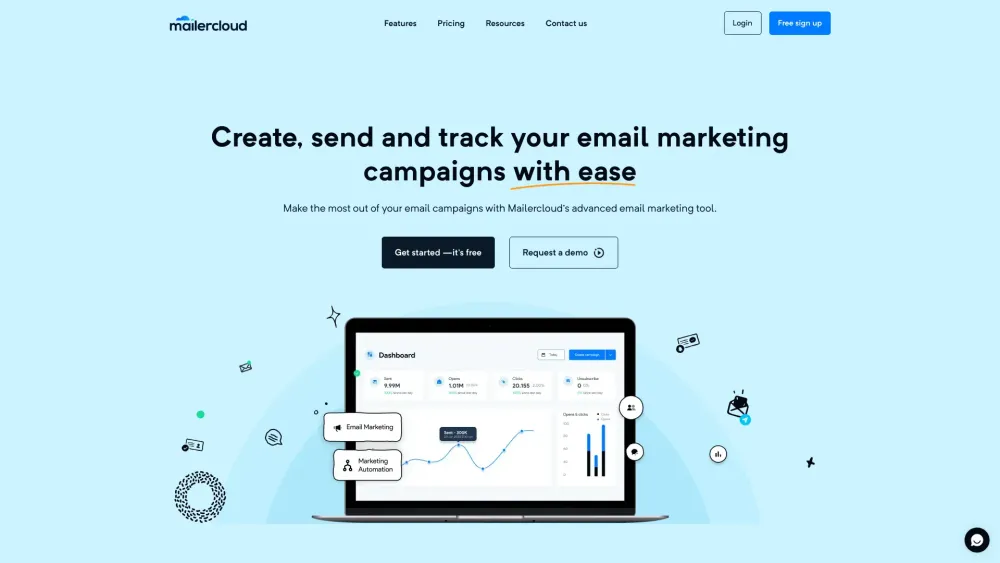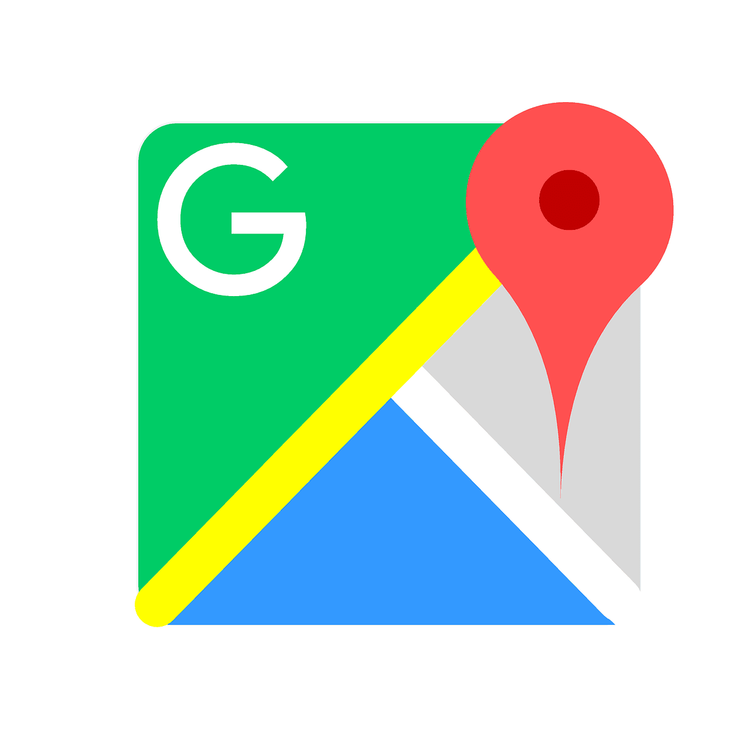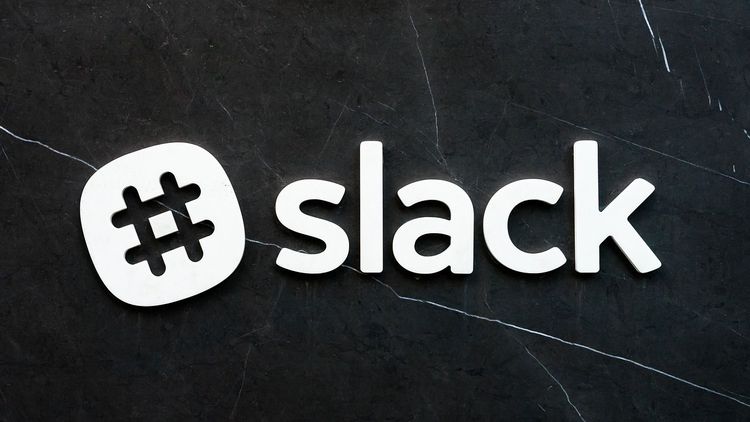In an ongoing dispute between Google and France's competition authority regarding copyright protections for news snippets, the Autorité de la Concurrence imposed a €250 million fine (approximately $270 million) on the tech giant on Wednesday. The authority pointed out that Google has neglected previous commitments made to news publishers, with the ruling highlighting a more pressing issue: Google's use of publishers' content for training its generative AI models, Bard (now known as Gemini).
The competition authority criticized Google for not informing news publishers about its use of their copyrighted material in the development of its generative AI. This use contravenes earlier commitments aimed at ensuring fair negotiations between Google and publishers regarding content reuse.
Copyright and Competition Issues
In 2019, the European Union implemented a digital copyright reform that extended protections to news headlines and snippets. Prior to this, news aggregators like Google News, Discover, and the “Top Stories” feature would display news stories without compensation to publishers. Initially, Google attempted to bypass the law by shutting down Google News in France. However, this move was deemed an abuse of its dominant market position, prompting the authority to intervene and compel Google to strike deals with local publishers concerning content reuse. In 2021, Google faced a $592 million fine for significant violations in its negotiations with publishers and agencies.
While Google described the sanction as “disproportionate” and planned to appeal, it eventually opted for a settlement, offering several pledges that were approved by the French Autorité. These commitments involve providing essential information to publishers and adhering to fair negotiation practices.
No Appeal and Moving Forward
Google will not contest the Autorité's latest ruling as part of an expedited process, which includes a financial settlement. However, Sulina Connal, Google’s managing director for news and publishing partnerships, expressed dissatisfaction in a blog post, stating that “the fine does not correspond to the issues raised” by the authority. Connal emphasized Google’s desire to move forward, asserting that the company wants to shift focus on establishing sustainable paths for connecting users with high-quality content and collaborating constructively with French publishers.
With generative AI now in the spotlight, Google's strategy around content reuse appears to be evolving.
Generative AI’s Role
The French competition authority's enforcement actions have drawn attention to Google's use of publisher content for training its AI foundation model and Bard. According to their press release, Google utilized content from news publishers and press agencies to train Bard without notifying the copyright owners or the authority.
In its defense, Google argues that the competition authority does not question the use of web content for enhancing products like generative AI, as outlined in Article 4 of the EU Copyright Directive. This article provides exceptions for text and data mining, specifically for reproductions of legally accessible works for such purposes. However, the Autorité maintains that it has not yet concluded whether these exemptions apply in this scenario. It is crucial to note that the relevant clause pertains to “lawfully accessible works,” while Google is bound by a legal commitment to inform copyright holders about the use of their protected content, which it allegedly failed to do in this instance.
Lack of Technical Opt-Out Options
The Autorité also noted that Google did not provide a technical solution allowing publishers to opt out of having their content used to train Bard until at least September 28, 2023. Publishers wanting to opt-out had to block all content indexing from Google entirely, impacting visibility across other Google services. As of September 2023, Google introduced a “Google-Extended” rule to allow publishers to specify that they do not wish their content to be used for strengthening its AI model, without affecting other services.
Additional Concerns
Beyond these primary issues, the Autorité cited several other shortcomings in Google's negotiation practices with French publishers. It found that Google failed to provide complete information necessary for fair remuneration negotiations, resulting in what the authority described as an “opaque” methodology for payment calculations. Furthermore, the authority criticized Google for not meeting non-discrimination criteria, introducing minimum payment thresholds that adversely affected certain publishers.
Additionally, the Autorité found discrepancies in how Google calculated “indirect income” and failure to update remuneration contracts according to its commitments.
The combination of regulatory scrutiny and the evolving landscape of copyright protections signifies a critical juncture for Google and news publishers in navigating the complexities of content reuse, AI development, and sustainable partnerships in the information ecosystem.
